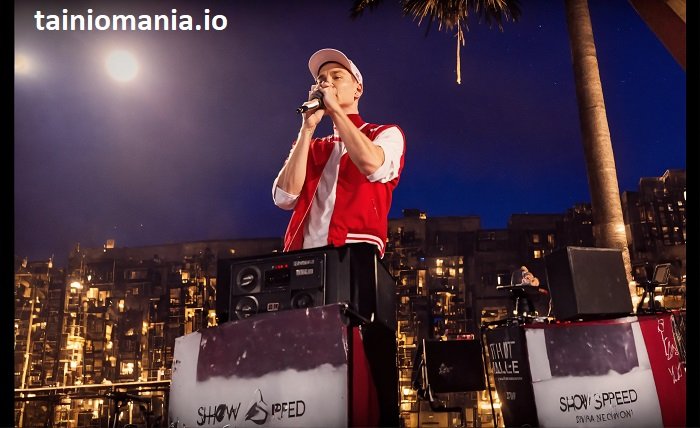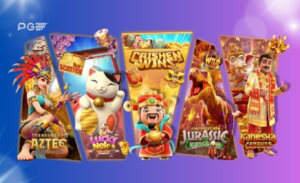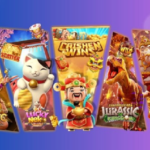Self-made entertainment has revolutionized the way we create, consume, and interact with media. In this digital age, anyone with a smartphone and an idea can become a media mogul in their own right. This post explores the myriad avenues through which you can channel your creativity and reach an audience, all from the comfort of your home.
Self-Made Entertainment
Self-made entertainment is all about taking the reins and creating content without the backing of traditional media entities. This grassroots approach has led to the rise of influencer cultures, podcast creators, and indie filmmakers who use platforms like YouTube, TikTok, and Twitch to share their creations.
The Rise of Social Media Platforms
Social media platforms are the bedrock of self-made entertainment. Sites like Instagram and Snapchat offer tools that allow individuals to craft, share, and monetize their content. Each platform has its unique features and audience, making it crucial to choose the right one to showcase your work.
Tools of the Trade
To dive into self-made entertainment, you’ll need the right tools. From high-quality cameras to advanced editing software, investing in the proper equipment can elevate your content and make it stand out in a crowded market.
Content Creation Tips
Creating engaging content consistently is key in self-made entertainment. This means understanding your audience, using analytics for feedback, and being open to evolving your approach based on viewer preferences.
Monetizing Your Content
One of the most appealing aspects of self-made entertainment is the potential for monetization. Whether through ad revenue, sponsorships, or merchandise, there are numerous ways to turn your passion into profit.
Challenges and Overcoming Them
While self-made entertainment offers incredible opportunities, there are also challenges, such as market saturation and the need for constant innovation. Overcoming these obstacles is essential for long-term success.
The Role of Collaboration
Collaboration can be a powerful tool in the world of self-made entertainment. Partnering with other creators can expand your reach, offer new insights, and provide mutual benefits through shared audiences.
Learning from Successful Creators
Studying successful self-made entertainers can provide valuable lessons. These creators often share their journeys, offering insights into what works and what doesn’t in this dynamic field.
Legal Considerations
Navigating the legal landscape of self-made entertainment is critical. Understanding copyright laws, contract basics, and content rights can protect you and your creations from potential pitfalls.
The Future of Self-Made Entertainment
As technology advances and more platforms emerge, the future of self-made entertainment looks bright. This evolution will likely bring new tools and opportunities for aspiring creators.
Conclusion
Self-made entertainment is more than just a trend; it’s a sustainable pathway to creative freedom and entrepreneurial success. By harnessing the power of modern technology and social media, anyone can become a creator in their own right. The key is to stay innovative, understand your audience, and be adaptable to the ever-changing digital landscape.
FAQ
1. What is self-made entertainment?
Self-made entertainment refers to content created independently by individuals or small groups, primarily distributed through digital platforms without traditional media backing.
2. How can I start my self-made entertainment venture?
Begin by choosing your preferred medium and platform, learn the necessary skills, invest in basic equipment, and start creating and sharing your content.
3. What are some common challenges in self-made entertainment?
Common challenges include market saturation, maintaining consistent content quality, and navigating monetization effectively.
4. Can self-made entertainment become a full-time career?
Yes, many people have turned their passion for creating content into full-time careers through strategic monetization and brand partnerships.
5. What are the best platforms for self-made entertainment?
Popular platforms include YouTube for video content, Twitch for live streaming, and Instagram and TikTok for short-form videos and photos.













